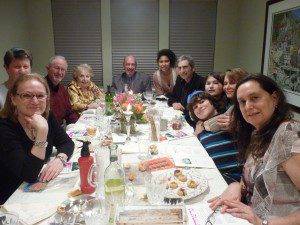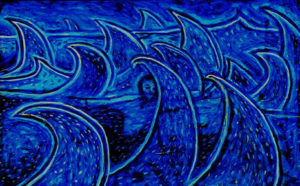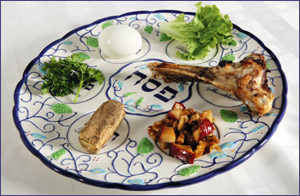 As we share Passover at the Seder table this year, notice that it is in the process of change. We are instructed to remember the Exodus experience and to consider as though we experience it ourselves as we participate in the reenactment. But this tradition evolves; with each generation, we fashion the Seder into something that is uniquely ours.
As we share Passover at the Seder table this year, notice that it is in the process of change. We are instructed to remember the Exodus experience and to consider as though we experience it ourselves as we participate in the reenactment. But this tradition evolves; with each generation, we fashion the Seder into something that is uniquely ours.
I recall the Seders of two generations ago, the seemingly endless table that ran from room to room of the small apartment in the Bronx or the small home in Queens. These are wonderful memories from long ago and much of those traditions continue on. But our current Seder will be different from those of my past. For example, an Orange and Olives will find themselves on our current Seder Plate and Miriam’s cup will be prominently placed alongside Elijah’s. Instead of asking the four questions, I will lead (to the extent my boisterous family will permit). We will read from a Hagaddah fashioned by my niece with interpretations and questions that resonate with her generation. For they are the future.
The Seder will continue to progress as the next generation of our family steps into the role of leadership and we slowly cede our positions leadership and authority, hopefully becoming Elders with positions of respect and wisdom. This is the natural progression of things. For each of us must embrace our understanding of the Jewish experience not only as a communal experience but as something uniquely our own. This was the tradition will be a meaningful part of our identity combining ritual with relevance.
At the Seder table, we can each look to either side (figuratively or literally), seeing our parents and what they have bequeathed to us and seeing our children as they fashion and shape Judaism as their own. This is the blessing of our legacy; family and historic community forming an unbroken chain linking us all together.
Wishing everyone a Joyful Pesach. Chag Pesach Sameach! and Shabbat Shalom


